Human rights groups condemn SPLA’s harrassment of Sudan Tribune journalist
By Tom Law
June 3, 2012 (LONDON) – Sudan Tribune‘s correspondent in Bentiu the capital of Unity State was detained and questioned by South Sudan‘s army three times between Thursday 1 and Saturday 3 June in relation to an article published on 31 May: ‘Over 500 SPLA widows complain of ill-treatment‘.
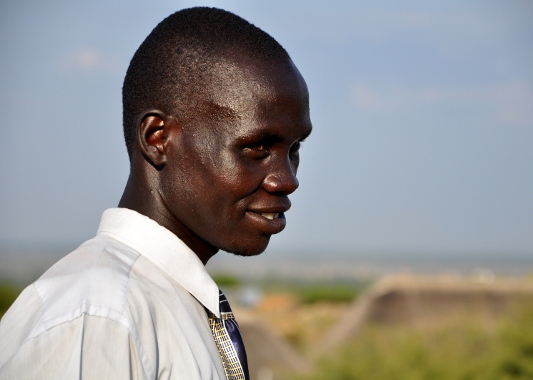
The article, by Bonifacio Taban Kuich, angered the military as some of the women interviewed accused South Sudan’s army (SPLA) of not providing them with adequate compensation for the death of their husbands. Military widows, or those dependent on them, are supposed to receive a one-off payment, which is the equivalent half a year’s salary.
According to Kuich, the SPLA were also angered that the figure of 500 widows implied that more soldiers died in the recent border conflicts with Sudan than the military had previous acknowledged.
On the trip to meet the women, on Wednesday 30 May, Kuich was accompanied by Unity State’s Minister of Social Development, Rebecca Kur Nyakai, and the Director of the South Sudan Relief and Rehabilitation Commission (SSRRC), William Kuol Geng.
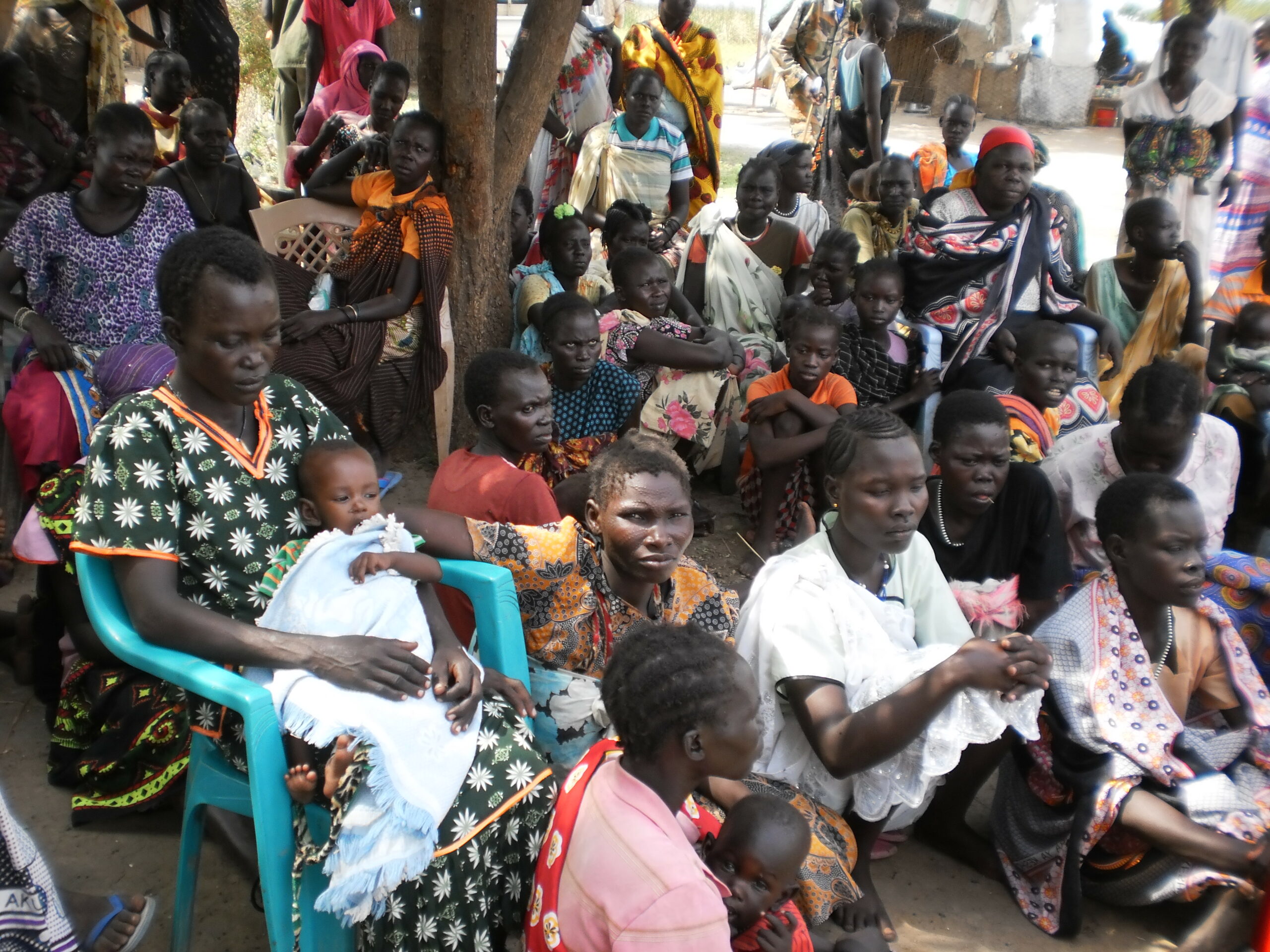
At the time Nyakai urged international organisations to support the women and help them return them to their states of origin, while Geng said that his teams were working to help the “vulnerable women and children” receive humanitarian assistance.
However, when Sudan Tribune contacted Nyakai on Sunday, she declined to comment on the matter before hurriedly hanging up the phone.
Phillip Aguer, the spokesperson for South Sudan army (SPLA), earlier told Sudan Tribune he was unaware of the journalist’s brief detention and said his attempts to reach the 4th divisions headquarters had been “unsuccessful”.
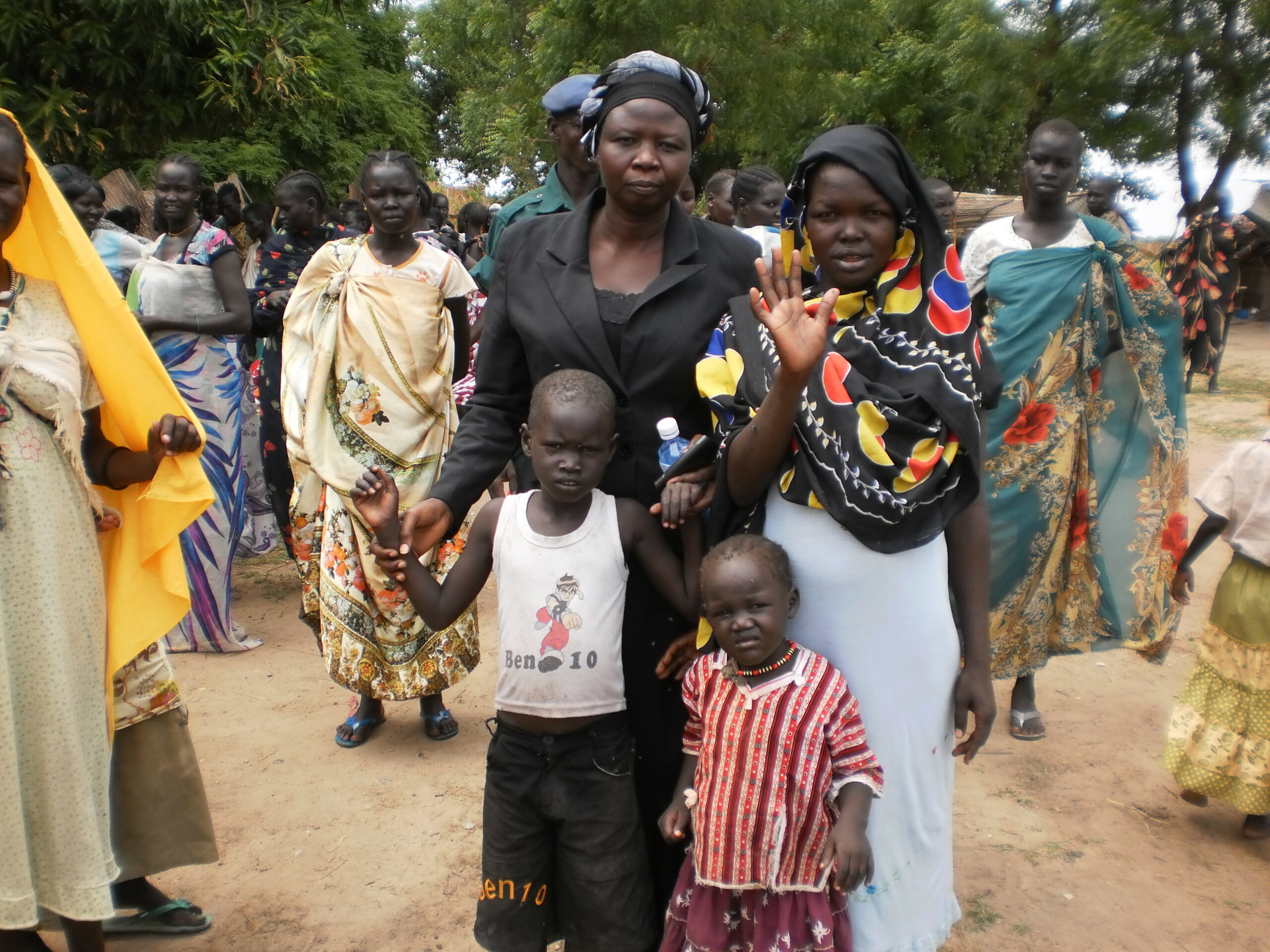
Taban also filed an audio report on the plight of the women to the Voice of America, for whom he is also a regular correspondent.
Around midday on Thursday 31 May, the day the article was published, Taban was called to the office of Unity State’s Deputy Governor, Micheal Chiengjiek Geay, where he was arrested by Major General James Gatduel Gatluak, the commander of the SPLA’s 4th division, which is based in Unity State.
At the SPLA base in Rubkotna his phone, computer, and other equipment were confiscated, before he was handed over to the SPLA’s security section who took a statement from him. For six hours he was unable to communicate with his family or work colleagues, refused access to a lawyer, and denied food and water.
He was released at 6pm but told to return again on Friday morning. He was interrogated for the whole of Friday and returned home at 8pm that evening and again told to report to the SPLA base again the next day. When Taban went to the Rubkotna barracks at 9am Saturday morning he was released and all possessions returned, although he was warned that the SPLA’s fourth division may call him back for further inquiries.
HUMAN RIGHTS
A leading South Sudan human rights group said Sunday that Taban’s rights under Article 19 of the Transitional Constitution of South Sudan 2011, which provides for fair treatment of any accused person, had been violated.
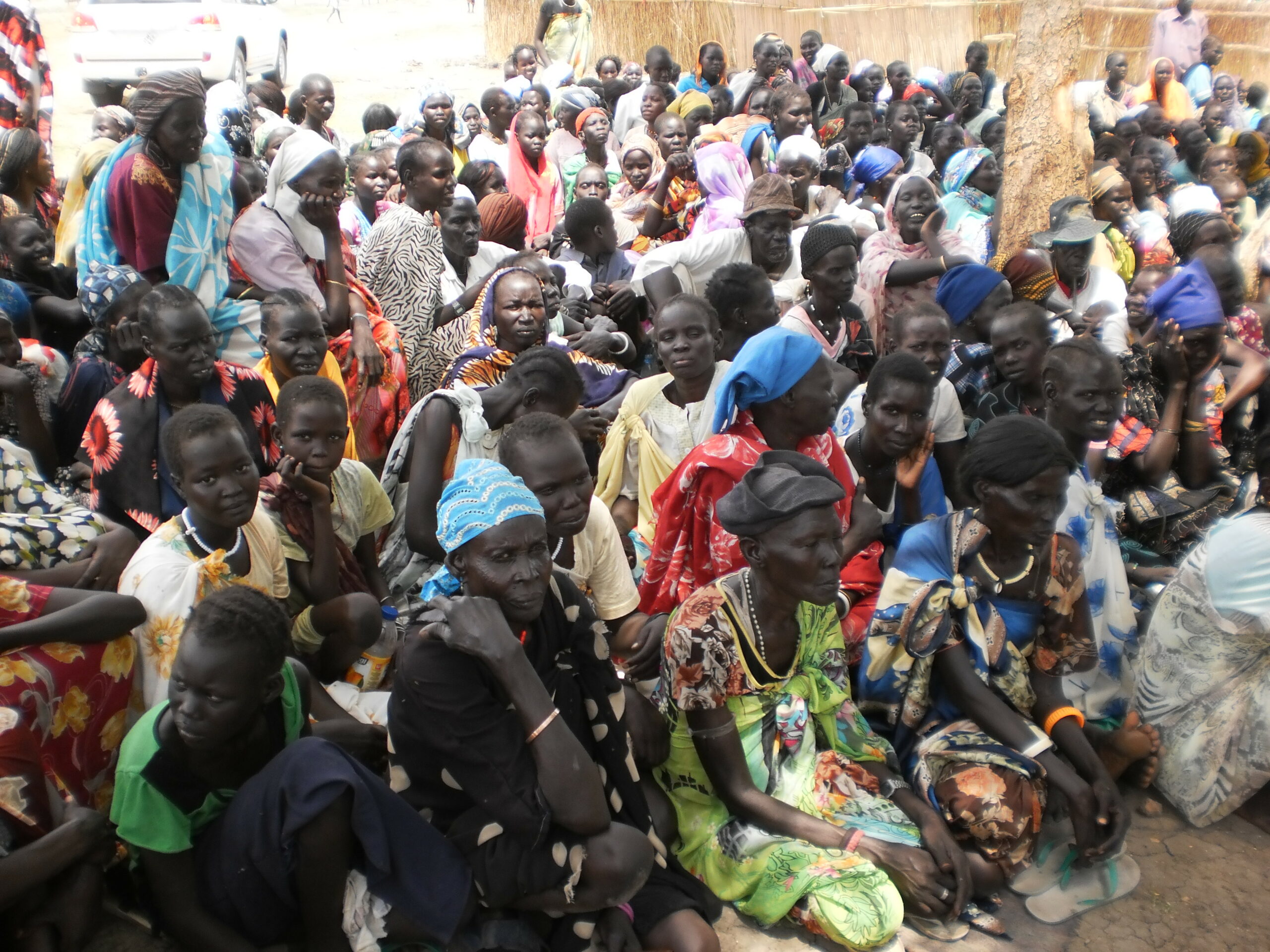
This is not the first time Taban has been arrested for his reporting in Unity State. During the April 2010 elections he was held for 13 days at Bentiu prison while he was working for the Sudan Votes website covering the strikes and violent fallout of the controversial re-election of Unity State governor, Taban Deng Gai.
On Sunday the South Sudan Human Rights Society for Advocacy (SSHURSA) condemned his “arbitrary detention”, urged the SPLA to uphold the country’s Constitution, and called upon Unity State’s government to “observe the nation’s fundamental law” by offering Taban protection.
According to SSHURSA, Taban’s arrest was not solely due to his May 31 article about SPLA widows. The human rights group claim that General Gatduel is also angry about Taban’s coverage of the treatment of civilians by the SPLA during their counterinsurgency campaign against rebels in Mayom County in 2011.
In the story published on 24 May 2011, Taban quoted the former Mayom County Commissioner, Charles Machieng Kuol, as saying that the SPLA’s fourth division had set fire to 7,800 homes during battles with the South Sudan Liberation Army (SSLA) rebel group. This was later denied by the Unity State government and the commissioner was sacked six weeks later after he refused to retract his statement, which included the allegation that 200 civilians had been killed in the fighting.
PRESS FREEDOM AND THE SPLA
The statement from SSHURSA said that the SPLA’s treatment of Taban “cannot be tolerated under democracy” pointing out that “the fight for a free and law abiding nation was one of the factors for which South Sudan took up arms against” successive military-oriented “dictatorial regimes” in Khartoum.
The SPLA, now the official army of South Sudan, were, from 1983 to 2005, a guerrilla movement whose stated aim was bring greater autonomy and civil liberty to South Sudan and the rest of the country. Last year, as part of the peace deal that ended the 22-year conflict, Southern Sudanese voted to secede from the rest of Sudan, achieving independence on 9 July 2011.
However, a report by the Committee to Protect Journalists (CPJ) in September last year found that “local journalists fear that the former rebels turned government officials still harbor a war mentality that is unaccustomed to criticism, and that they are not prepared to extend the freedoms they fought hard to attain.”
Reacting to Bonifacio’s arrest, Tom Rhodes, CPJ’s Africa Consultant told Sudan Tribune: “While press freedom conditions have improved since last year, cases of arbitrary arrests – especially for journalists operating outside of the capital – continue with impunity. The case of Bonifacio is indicative of this trend.”
MEDIA AND THE LAW
SSHURSA’s statement said that by ordering Taban’s arrest, Major General James Gatduel Gatluak also violated Article 24.(1) of the Transitional Constitution of South Sudan 2011 which provides for the freedom of expression and media:
“Every citizen shall have the right to the freedom of expression, reception and dissemination of information, publication, and access to the press without prejudice to public order, safety or morals as prescribed by law”.
If the General believed the article to be false or defamatory, the human rights group said, Gatluak should have taken the issue to court rather than using his “personal powers” as a senior member of the military to intimidate the media.
However, as CPJ observed earlier this year, South Sudan’s judicial system has a tendency to place large fines on media houses which cover sensitive issues such ascorruption.
Unity State’s Deputy Governor, Micheal Chiengjiek Geay, also came in for criticism from SSHURSA for failing to observe and protect Article 24. (2) of the South Sudan’s Transitional Constitution 2011:
“All levels of government shall guarantee the freedom of the press and other media as shall be regulated by law in a democratic society”.
Despite governing South Sudan since 2005, the Sudan People’s Liberation Movement (SPLM) — the political wing of the SPLA during the civil war and now the country’s ruling party — has not introduced a media law, which means that media groups and journalists do not know where they stand in relation to libel, defamation and other issues.
ATTACKS ON THE PRESS
Since South Sudan’s independence there have been various instances of violations of press freedom. Earlier this month there were unconfirmed reports that Lakes State’s Police Commissioner, Maj-Gen Saed Abdulatif Chawul Lom, had been sacked after it was reported that he ordered the arrest and three-day detention of a journalist, Ayak Dhieu Apar, for hosting a radio show in April debating the performance of the security services.
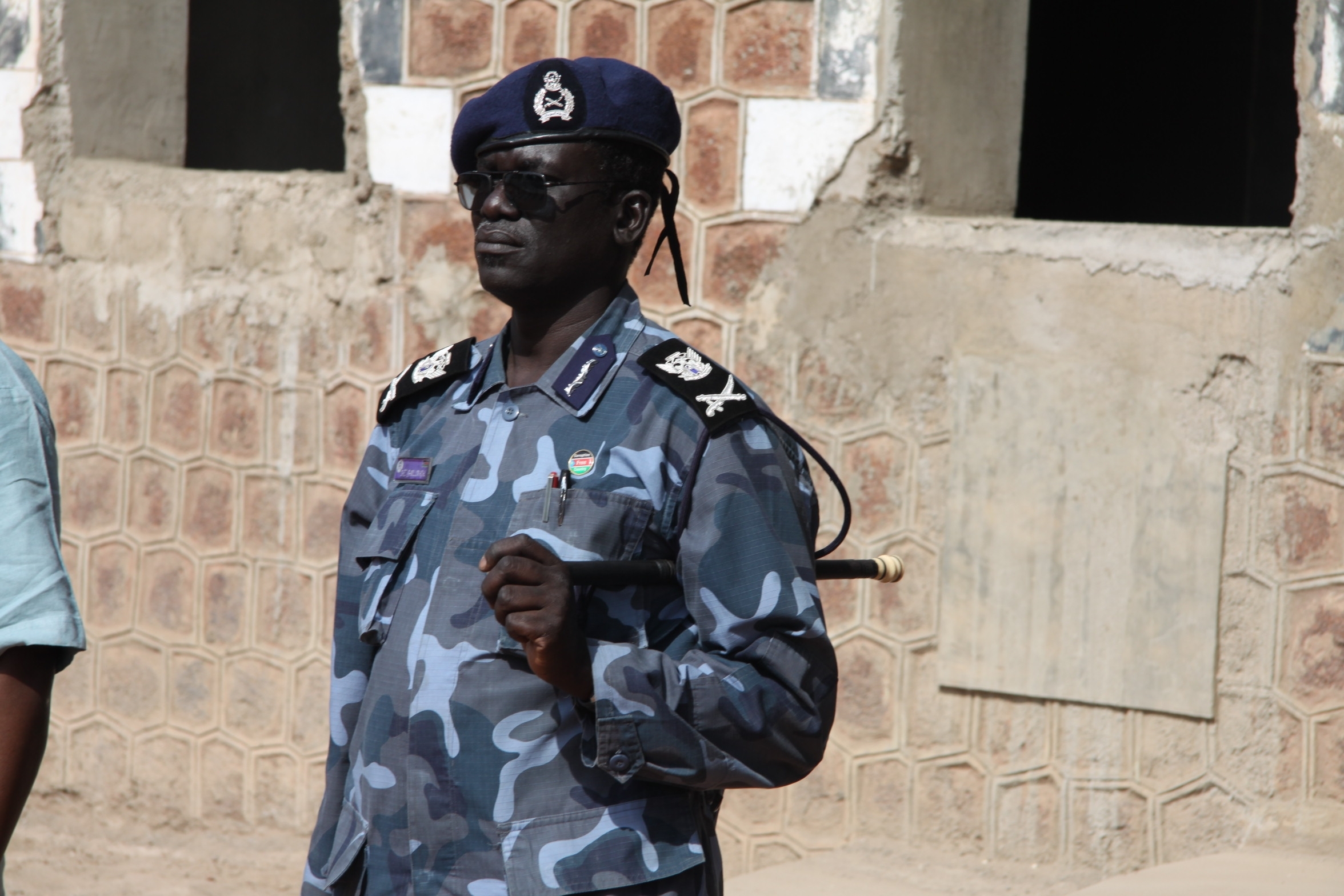
In late last year another Sudan Tribune correspondent, Peter Ngor Garang, was detained illegally for 18 days by South Sudan’s security services after The Destiny, a newspaper he edits in Juba, published an article critical of President Salva Kiir’s daughter marrying an Ethiopian man.
Ngor, who denies authorising the article, said he was subjected to “callous treatment”, “unwarranted beatings”, and denied access to medical treatment despite being evidently ill due to physical abuse. He was also refused access to legal representation and his family.
The South Sudan Human Rights Society for Advocacy (SSHURSA), which also condemned Ngor and Ayak’s treatment, strongly urged the SPLA to “observe and respect the provisions of the law and especially calls upon the Unity State government to protect the journalists more specifically Mr. Bonifacio Taban Kuich who is now under General Gatduel’s warnings.”
The human rights organisation reminded generals in the SPLA that South Sudan’s Constitution is the supreme law of the land, which must be “respected by all”, adding that “its provisions must be observed at every level of government”.
“This is a nation yearning to implement what its people’s blood was sacrificed for and that is democratic governance solidly founded on the respect of the Constitution with no exception from any citizen.”
(ST)
Sudan Tribune – 19 April 2011 – Unity state: Gatdet’s forces clashes with SPLA in Mayom County
Sudan Tribune – 24 May 2011 – SPLA set fire to over 7,000 homes in Unity says Mayom county official
Sudan Tribune – 28 May 2011 – Unity State authorities deny that SPLA burnt 7,800 homes in Mayom
Sudan Tribune – 5 July 2011 – S. Sudan’s Unity sacks commissioner who accused SPLA of Mayom massacre
CPJ Blog – 8 September 2011 – Mission Journal: South Sudan’s struggle for a free press
CPJ Blog – 28 March 2012 – Corruption a no-go zone for South Sudan’s journalists
Sudan Tribune – 2 June 2012 – Lakes State police commissioner sacked after attacks on press freedom
